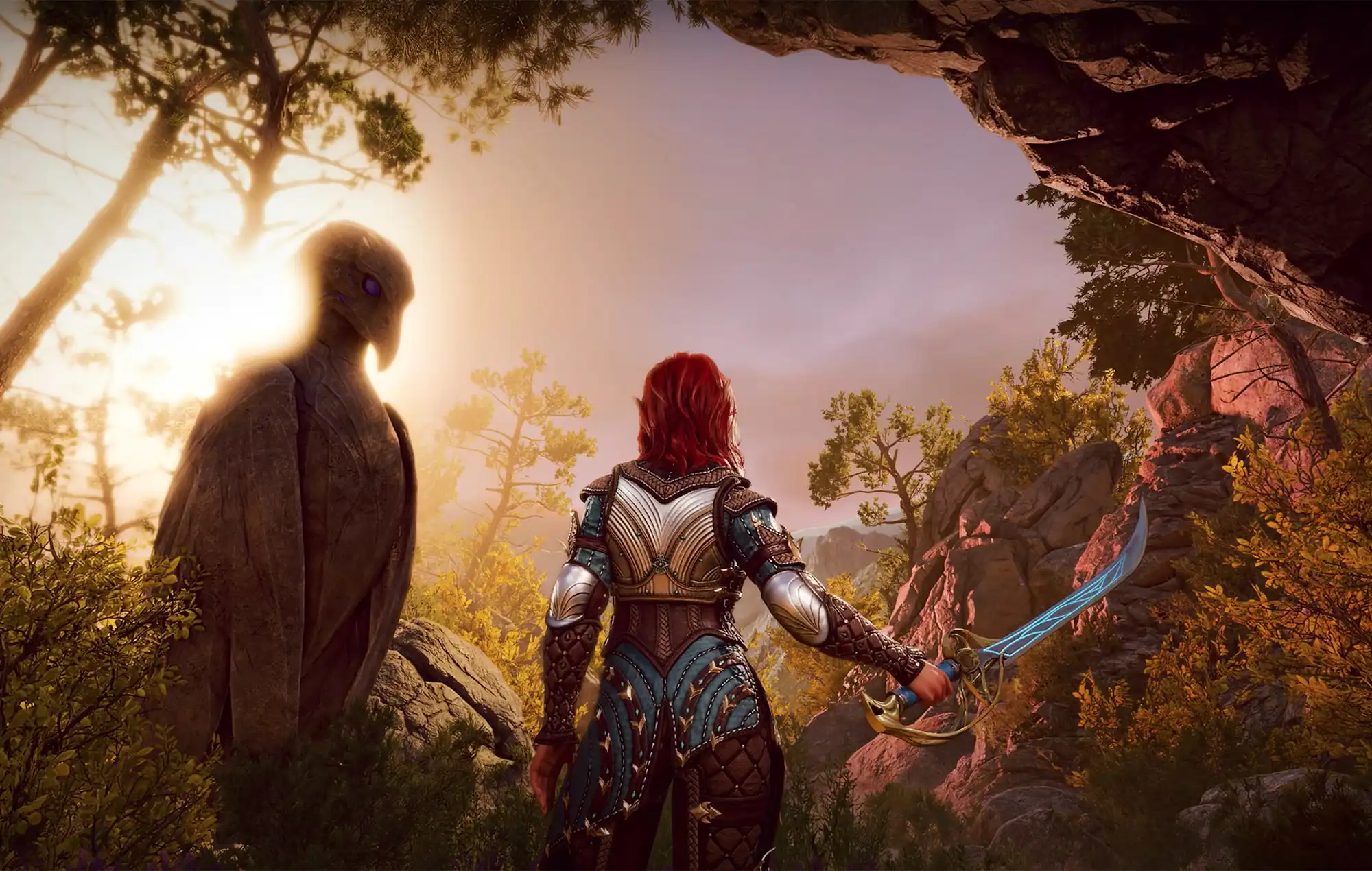Those who partake in the world of Baldur’s Gate 3 are no strangers to the terror and thrill of Honour Mode runs. Player recount their actions in pursuit of the ultimate challenge, risking everything against unrelenting dangers and an ever-looming permadeath.
Often, players embark on Honour Mode quests seeking to identify the quickest possible demise. This serves as both a realization of their bravery and a testament to the challenging world the game offers. It isn't unusual to find players sharing tales of their fleeting Honour Mode runs, amusingly short-lived and full of lesson-filled failures.
The first part of the game, despite its intentions to gently usher gamers into its realm, is riddled with perils. As such, even the most seasoned players must tread carefully, as a single mistake could lead to a premature permadeath. These dangers are quickly learned by the community and become the cornerstone of conversations and strategies.

One participant in the Baldur’s Gate 3 community recently shared an experience many could relate to, claiming to have experienced the “fastest Honour Mode fail”, a narrative that sparked a flurry of responses and commiseration.
They explained their early exit from the mode, recounting, “Friend joins Honour Mode, makes the entirity of the grove angry because he didn’t want to be discriminatory towards humans, and the Sazza cut scene sealed our run.” Though certainly a quick end, it was hardly the quickest among the possible routes to virtual extinction in Baldur's Gate 3.
The narratives shared by fellow adventurers often end with quicker deaths. One player shared the tale of their demise at the hands of the Intellect Devourers. They woke the character Shadowheart only to be promptly defeated, underscoring the sentiment that Honour Mode is, indeed, no laughing matter.
These experiences, however humorous, shed light on the fact that there are countless risks lurking before players can delve into the thick of the game. The shared experiences serve as both entertaining fare and cautionary tales.
Surprisingly, the title for the swiftest demise appears to be held by an unfortunate adventure in the first room of the nautiloid. As per the account, a player chose to cast Mage Armour from a Wild Magic Sorcerer, summoning a Mephit that swiftly ended their run.
The enduring appeal of Baldur’s Gate 3 lies not only in its complex gameplay but also in the myriad tales of failure it produces. Each mission, each adventure, yields a saga of trials potentially culminating in triumph and often, in defeat.
The treacherous Honour Mode, though daunting and frustrating in equal measure, has a strange attraction that draws players in, challenging their mettle against the various dangers that infest the game’s universe. With each heartbeat, a precarious balance is maintained, one wrong move resulting in dreaded and irreversible permadeath.
And it is in the safety of the community where these stories are shared, remembered, and passed on. Each player's misstep adds a layer to the shared knowledge of the community, enhancing understanding and collaboration for future runs.
Whether to run the gauntlet of Honor Mode is a decision many make with their hearts in their mouths. But with each failure, players gain newfound insights into the game’s mechanics and share these learnings with the community, fostering a unique sense of camaraderie.
This is perhaps the charm of Baldur’s Gate 3, a game that manages to engage and unite its audience through shared narratives of brief glory and the frustrations drawn from the bitterness of defeat. There is a strange beauty hidden in the cruel blows of the Honour Mode, a beauty that becomes clear to those brave enough to venture into its merciless clutches.
In conclusion, the experience of Honour Mode in Baldur's Gate 3 is one engulfed in a sense of apprehensive anticipation. It's a high-stakes version of the game that attracts players with its promise of adrenaline and undeniable bragging rights. There is an element of a gambling game, a weighing of odds, with the stake being nothing less than the life of a character.